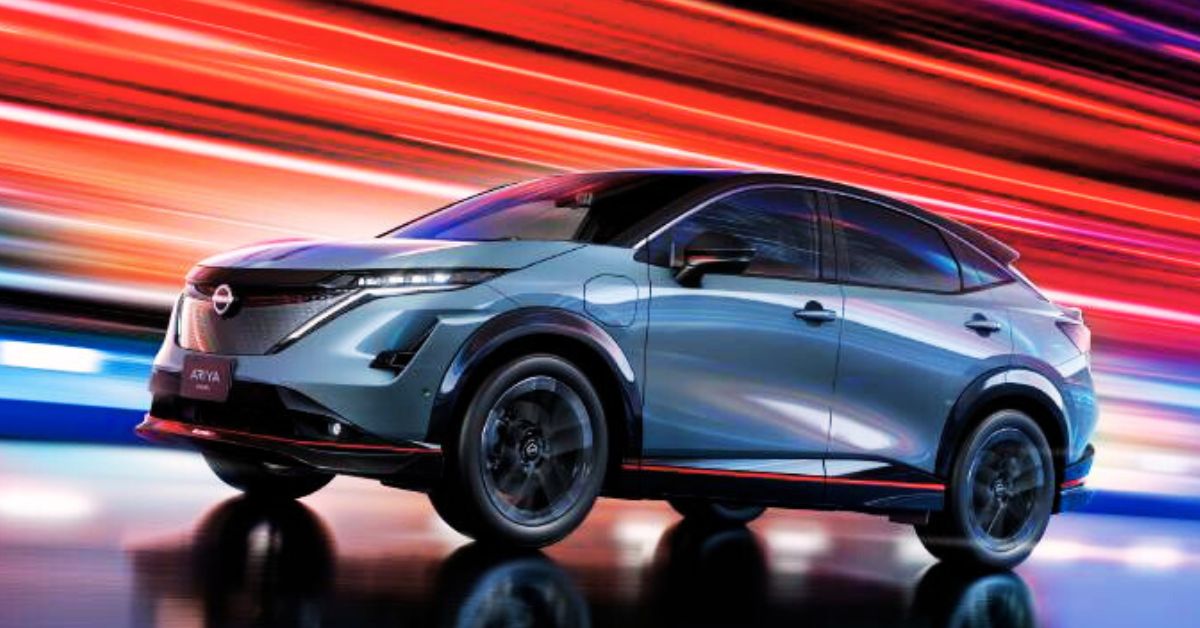
Mercedes-Benz is hitting pause on its electric vehicle (EV) strategy, steering away from its initial plan for a full EV lineup by 2030. The automotive giant cites industry challenges for the shift, emphasizing the need for a more measured approach. This decision reflects broader trends in the sector, underlining the complexities of the EV transition. While details on the revised timeline are pending, Mercedes’ recalibration highlights the industry’s emphasis on adaptability in navigating the path toward sustainable mobility.
Mercedes-Benz is pumping the brakes on its 2030 all-electric target, emphasizing a continued focus on combustion engines. The luxury marque acknowledges the evolving landscape, choosing a balanced approach to meet both electric aspirations and current industry demands. Investors and enthusiasts can expect a fusion of traditional power and electric innovation in the coming decade.
In 2021, Mercedes, like many others, was optimistic about electric vehicles (EVs). They pledged a hefty €40 billion (around $43 billion) to shift from combustion engines, aiming to sell only EVs by the end of the decade. The plan, while ambitious, felt achievable, especially with the launch of their all-EV EQ lineup. This move made sense, aligning with the E.U.’s decision to ban new gas and diesel vehicle sales by 2035. However, recent developments indicate a reassessment of this timeline, showcasing the evolving nature of the automotive landscape.
Mercedes set an ambitious plan three years ago, envisioning that half of its vehicle sales would be electric or hybrid by 2025. However, recent reports indicate a shift, with the goal now moved to 2030. The reason for this adjustment is evident – the company’s optimism has dwindled. In 2023, only 11 percent of their sales comprised fully electric vehicles, and when hybrids are included, the figure rises to just 19 percent. This update reflects the reality check Mercedes is facing as it navigates the slower-than-expected adoption of electrified vehicles in its lineup.
The idea of ditching traditional gas and diesel cars is currently on standby. Mercedes’ CEO, Ola Kaellenius, hinted at this shift late last year and has now confirmed the brand’s ongoing commitment to combustion engines. Kaellenius expressed the plan to revamp these vehicles, likening it to having a fresh lineup by 2027, ensuring their relevance well into the 2030s. This approach signals a nuanced strategy, emphasizing both traditional engines and advancements as the automotive landscape evolves.
Mercedes-Benz’s recent shift in strategy, whether significant or minor, aligns with a broader industry trend responding to weakening demand for electric vehicles (EVs) in the U.S. and Europe over the past year. This adjustment is not unique, as major players like Ford and General Motors have also recalibrated their electrification plans.
The market response has been noteworthy. Following the announcement and news of a $3.2 billion share buyback, Mercedes’s stock price surged by over five percent. This positive investor reaction indicates that the strategic realignment, coupled with financial initiatives, is being well-received in the context of the evolving landscape for electric mobility.



